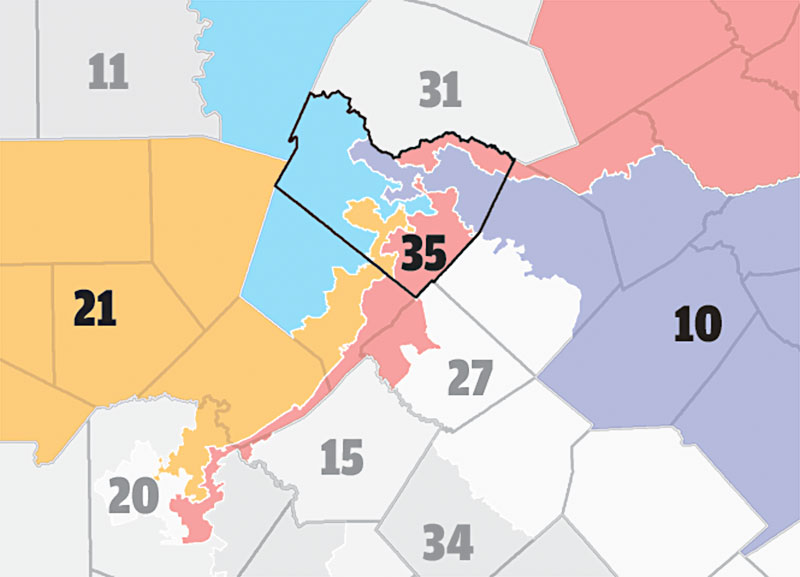Woodfin, a soft-spoken attorney and former school board member, has spent a whole year on his bid for mayor. In that time, Democrats have been locked out of national power, further diminished in state legislatures and wiped out in rural America. That has left the increasingly blue cities and suburbs as the obvious places for Democrats to attempt to rebuild.
In May, Philadelphias progressives helped civil rights attorney Larry Klasner win the Democratic primary for district attorney; if he wins a full term this November, the citys top legal job will be held by a lawyer who defended members of Black Lives Matter and will refuse to seek the death penalty. In Jackson, Miss., progressive-backed candidate Chokwe Antar Lumumba won the mayors office, promising to make Mississippis capital the most radical city on the planet.
The trend is continuing. Birminghams August 22 primary is one of dozens of 2017 races where progressive candidates are trying to climb into power, knitting together community organizers, new activists and the remnants of Sen. Bernie Sanderss (I-Vt.) presidential bid to form new left-wing majorities.
The folks at Our Revolution had not done as good a job as they should at touting these things, Sanders said in an interview. I believe when we talk about revitalizing American democracy, we start with local offices and grass roots campaigns. The media will talk about congressional races, sure; but I think what we are seeing is a revolution at the local level, in the cities.
But the new progressive campaigns aim to replace the current Democratic regimes, with their comfortable business community relations, with progressives who want to use what powers they have to redistribute wealth. In Atlanta, State Sen. Vincent Fort (D-Ga.) is running to replace Mayor Kasim Reed by energizing the left. His platform is Sanders on a local scale a $15 minimum wage, marijuana decriminalization and two years of free tuition at college within the city.
Twenty years ago, Atlanta, depending on what study you look at, was 20 percent gentrified, said Fort. Now were 70 percent gentrified. If we dont start talking about income inequality and affordable housing in a real honest way, were going to have a city thats made of the very wealthy and the very poor, and the middle class is going to get screwed.
https://www.washingtonpost.com/powe...5a3617c767b_story.html?utm_term=.bad42fe8584d

